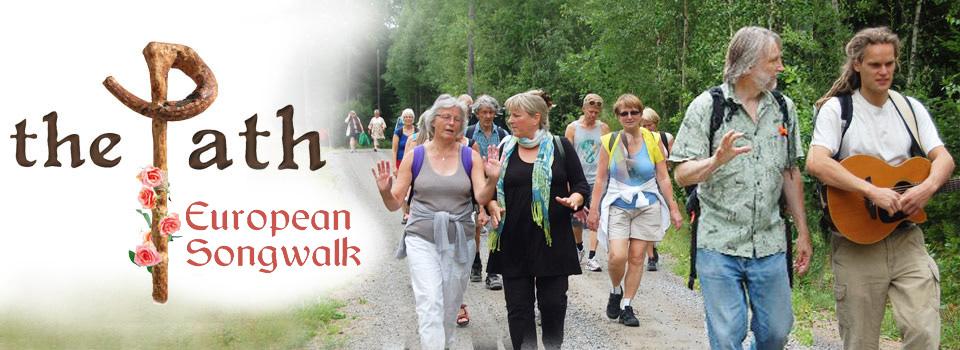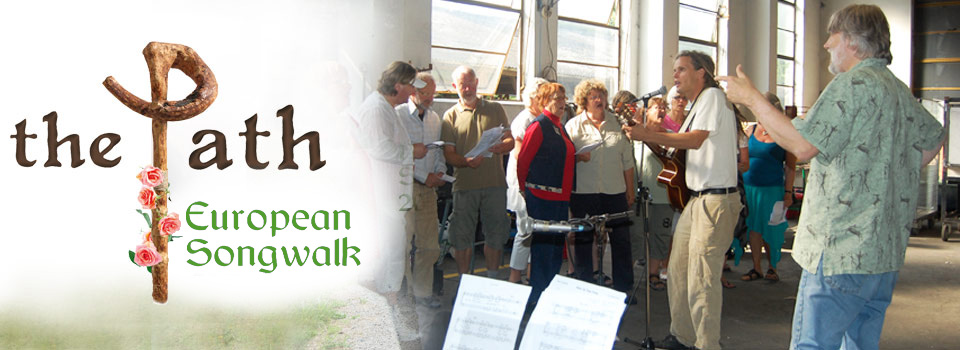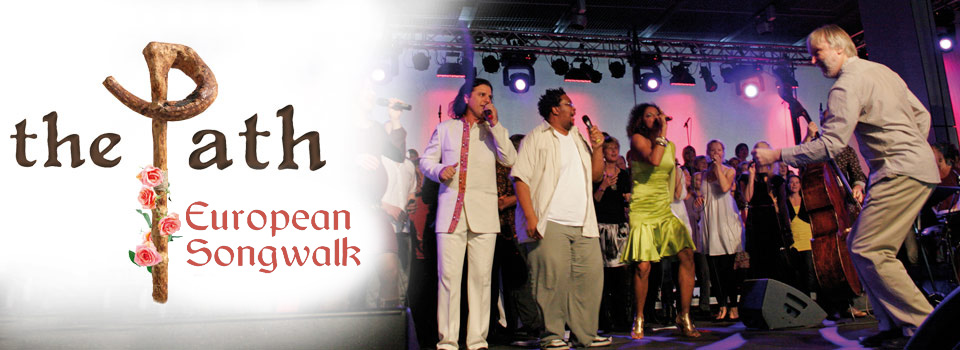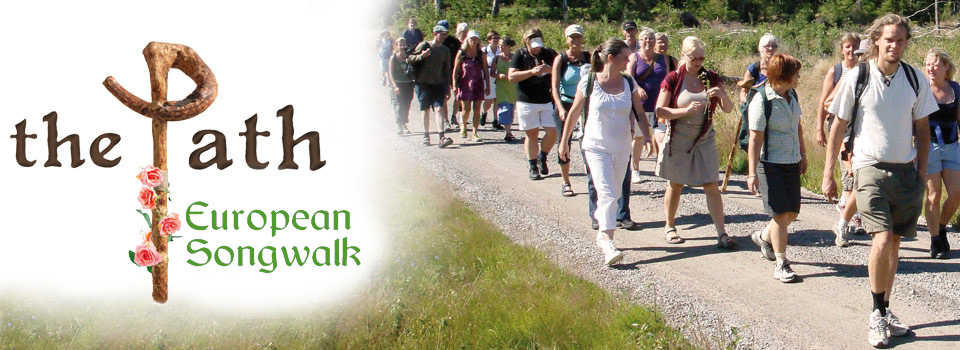FFF-reminiscence
An open group has appeared on Facebook: ”Vi som minns Falun Folkmusik Festival”
(We who remember Falun Folkmusic Festival) where people who encountered the power of the festival share their memories.
Memories are there to make us understand the now better. Only therefore it feels meaningful with a little retrospection.
First image: The Massai at Stångtjärn, a small Swedish lake in the woods. But it’s more than an image, there’s a lot of sound as well, and smell and touch in this memory…
The proud Massai-men sing and dance in a circle facing inwards, and the rest of us stand around, close, closer. Pushing forward, wanting to participate, understand and experience the African magic that somehow bubbles up from the cultural cauldron in the middle. The intensity of the singing and the rhythmical jumping grows and the trance-dance peaks in a climax. The hair of the athletic men, smeared with cowdung, sometimes whisks across my face as they jump; a scent of African soil, a concrete feeling of African mysticism caressing my cheeks. Almost as if I have not been this close to Africa even in Africa. A feeling of not only being one with Africa but with the most primely of humaness, the most genuine part of myself. I loose my orientation for a moment. Everything swirls. Where am I?
I am at home, in a Swedish forest. I am more at home than ever.
Or when we 1994 did our “Sång i Dalgång”, our song-walk to FFF starting in Malung 18 days and 230 km earlier, (we walked through another festival on the way; Musik vid SIljan). The last leg of the journey we went by boat from Stora Tuna and on the quay in Falun a spontaneous and ecstatic dance breaks out in joy over reaching the goal of our long journey. Then we walk into the centre of town and after all those days in the nature it feels like the houses are staggering towards us, almost a bit threatening, certainly alienating.
But the music and the open friendly people we meet usher us between the walls of the houses up to the park where all of us song-walkers crash in a big pile, teeming of separation-anguish. We lie for long before we finally open up, carefully at first, reaching towards all the loveliness that enfolds us and streams forth: Music from all corners of the world and all heart of the world! We are there, we are ready and we rise and sing and start to dance again…
Or when… No, it’s anyway not enough – however many peak-experiences we share from the festival – to do justice to the wholeness of the experience. It was like the music took us towards a new concept of the world. Prepared us for what was about to come. All of a sudden the world became both so small and so big at the same time. Such a diversity and such unity! Such a fellowship because of all variety! Like a musical Google Earth; such a multitude of wonderful details to take in and yet at the same time conceivable and able to overview. The festival anticipated what was about to come technically: a small ball that was possible to grasp intellectually because it was so easy to take in emotionally, so easy to love.
And that is exactly what this new time holds, both when it comes to possibilities and challenges. The world has become so small, has come so close. And if we lack a language to understand it with, a way to fathom its overwhelming beauty, it instead turns threatening and invasive. The immigrants turn to invaders in the eyes of the natives without that language, and barbarians in their ears. [ Barbarian = originally an onomatopoetic word meaning someone you can't understand, compare with blah, blah.] The one you can’t understand easily becomes the one you perceive as violent, barbarian. But if we have the language we can crack the codes, and the grandeur and wealth that can be hard to receive just because of its magnificence, come towards us.
Culture in all its infinite forms and expressions is that language. Per definition. That langauge is the Culture. We stand in front of a huge and abysmal choice: to learn to talk that language with each other and see our common beauty and find our inner and outer harmony. Or close our shutters and as individuals and society wither and degenerate into paltriness and in the last stage resort to violence. Due to lack of a common cultural language.
This is a language we never can teach “them”. Because this is a language that lacks the pronoun “them”! It is a language we always have to learn ourselves as it is an inclusive and universal language. We learn it not out of obligation, but as a possibilty, yes actually out of necessity. We cant escape it. It is a compulsory subject in our syllabus. We can choose when to take it, but we cannot choose not to take it.
And the longer we wait, the more violence we make ourselves susceptible for, until we have reached a pain-threshold where it is no longer meaningful to wait. It simply has become to painful.
But are we not there yet? No, unfortunately I believe it still have to get worse before it gets better. Man’s ability to hold pain is huge. How long before it will turn? The answer lies in how fast we can learn the language that transforms them to us by seeing them as us.
Anders





